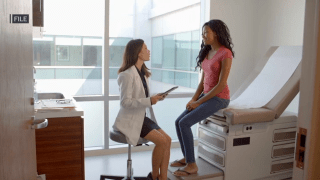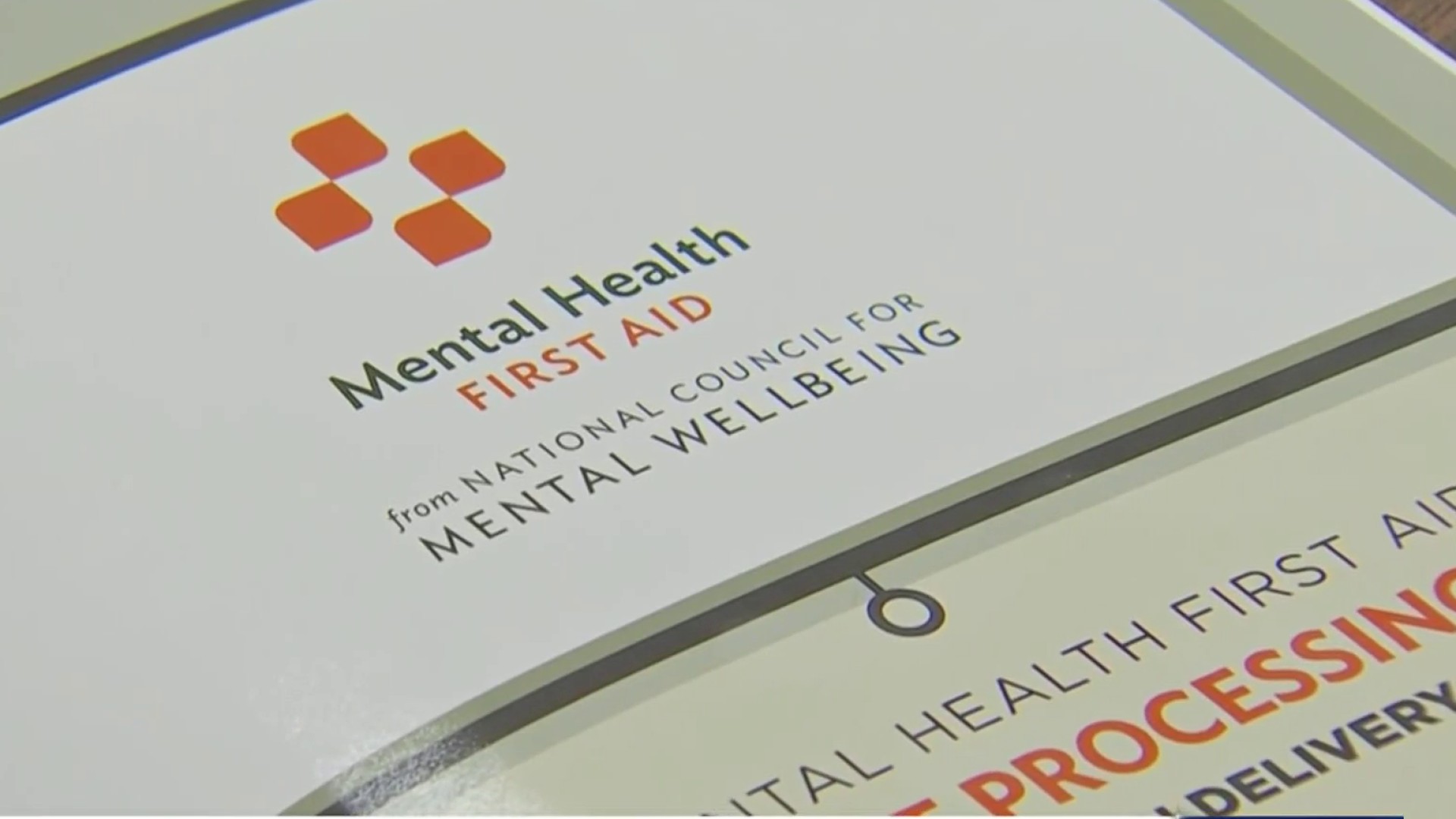
As National Stress Awareness Month comes to a close, experts say it's important to remember to check in with yourself and your mental health.
"You may actually start to feel it in your body itself, like feeling anxious, feeling heart palpitations, maybe even feeling nauseous," Chief of Inpatient Psychiatry at Tufts Medical Center Dr. Michelle DiBlasi said.
But as fallout from the pandemic continues in so many areas of life, people are having more mental health issues, and seeking help more frequently.
According to the World Health Organization, the global prevalence of anxiety and depression increased by 25 percent during the first year of the pandemic alone.
"As a result, it sort of has overwhelmed the system in terms of now there's like a long wait, like months, even up to a year to see a doctor or a therapist," Dr. DiBlasi said.
So what should you do if you find yourself on a waitlist, and struggling with stress and anxiety?
Dr. DiBlasi recommends starting out with a provider you already have — like your primary care physician — to see what resources are available to you.
You may also try community behavioral health centers, along with virtual care options.
There are also ways you can work to minimize stress in your everyday life. Dr. DiBlasi said that even watching a quick meditation video online can help.
"The biggest thing is talking about your feelings and what you're going through," Dr. DiBlasi said. "Find what your interests are, things that, you know, that can help you to relax, whether that's journaling, exercising, cooking, whatever sort of your hobbies are, to sort of focus in on doing that and and really prioritizing your own mental health."



